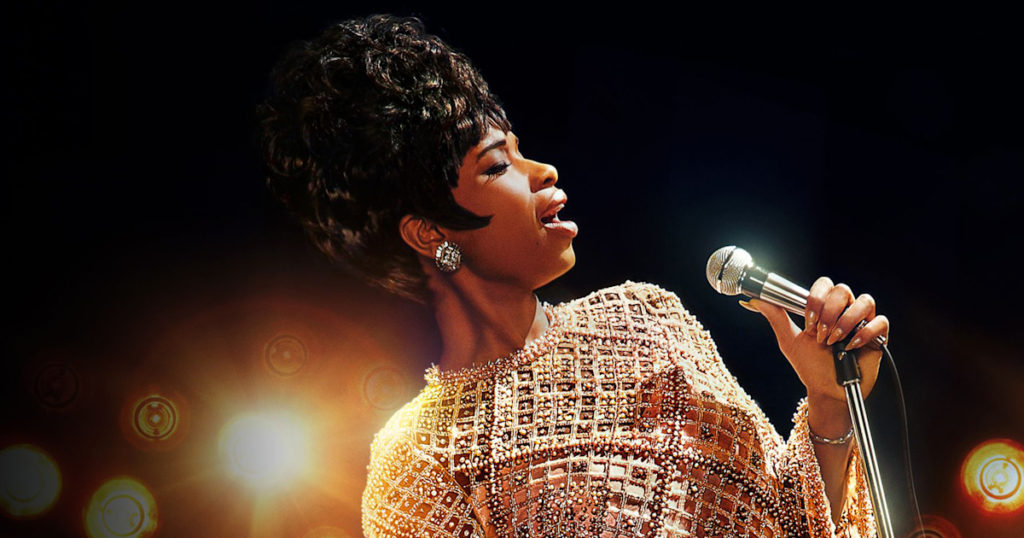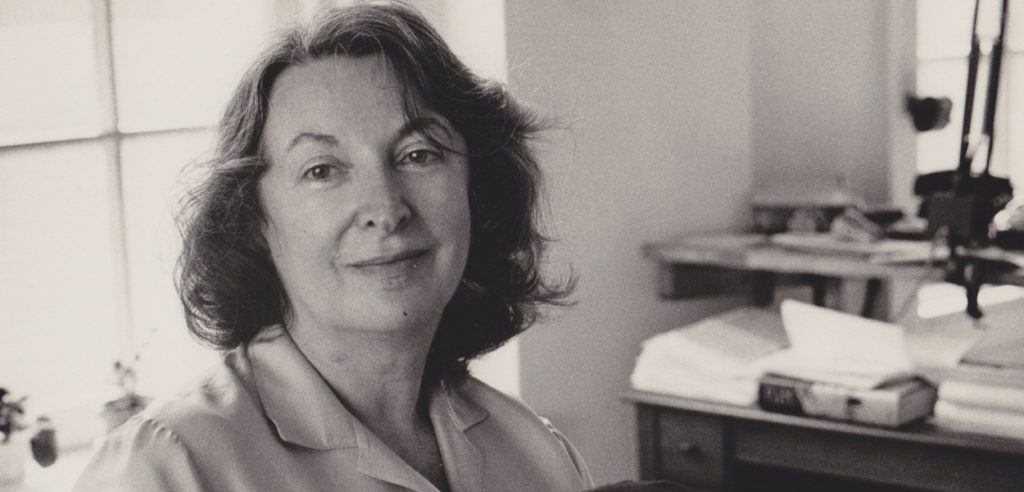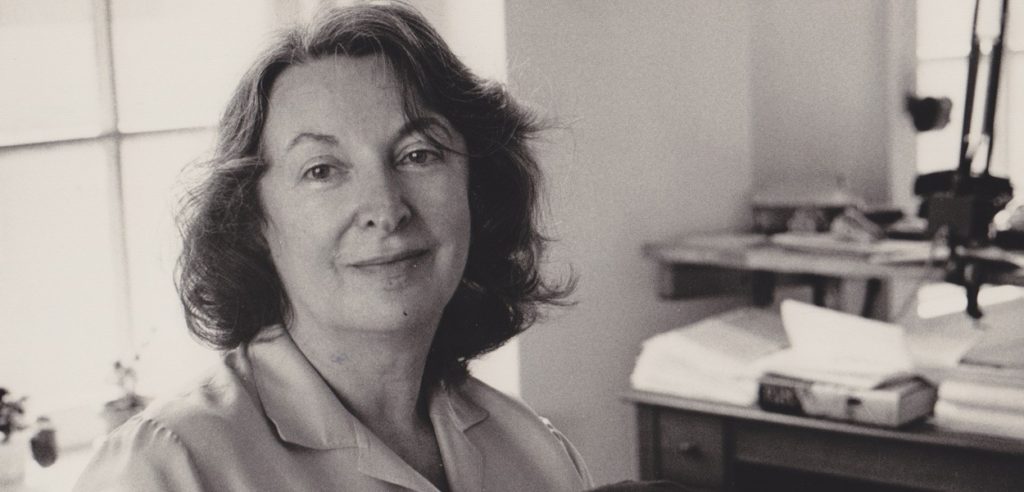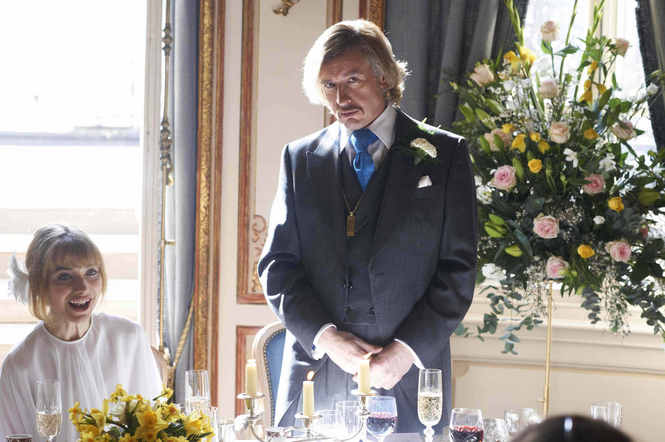
Aretha Franklin was, if anything, formidable, and Jennifer Hudson reaches formidability as Aretha in Respect. Hudson (handpicked by Aretha to star in her own biopic) is sensitive enough to play the ambitious but confidence-challenged young Aretha and brassy enough to soar as the diva that Aretha became.
Respect concentrates on three stages of Aretha’s life – her childhood in the 1950s, her uncertain career at Columbia Records in 1960-65 and her creative partnership with Jerry Wexler, beginning in 1967, that led to stardom. The film culminates with the1972 live gospel album that we can now watch in the 2019 film Amazing Grace.
The common thread in Respect is Aretha’s learning to push back on the attempts by men to control her artistically, financially and intimately. The film’s high point is Aretha finally getting the opportunity, in a Muscle Shoals recording session, to impose her own creativity on I Never Loved a Man (Like the Way I Love You); we’re able to watch the instant that Aretha transforms herself into an icon. Hudson also delivers killer versions of Respect, Amazing Grace, Natural Woman and (my personal favorite) Think.
During much of the film, 12-year-old actress Skye Dakota Turner, plays a ten-year-old Aretha (and she’s heartbreakingly great). Aretha’s formative years were startlingly unusual. For one thing, as the daughter of a celebrity minister dad and a celebrity gospel singer mom, she was unusually privileged for a black youngster in the 1950’s – she was spared poverty and grew up in a home where MLK himself, Dinah Washington and gospel music legend James Cleveland were frequent guests. On the other hand, her broken home was unhealthy enough that Aretha became pregnant at age 12, and again at age 14. She emerged well-connected – and severely traumatized.
Forest Whitaker is, as one would expect, excellent in the pivotal role of Franklin’s father, C.L. Franklin. The cast is uniformly excellent including Audra MacDonald as Aretha’s mom, Kimberly Scott as her grandmother, Marc Maron as Jerry Weinberg, Marlon Wayans as her seamy first husband, and Mary. J. Blige as Dinah Washington.
Respect is 2 hours, 25 minutes long, and could have been better if 15-20 minutes shorter. Nevertheless, it gives us a sound view of the factors that molded Aretha Franklin’s personality, and her struggles to take command of her own artistry.




